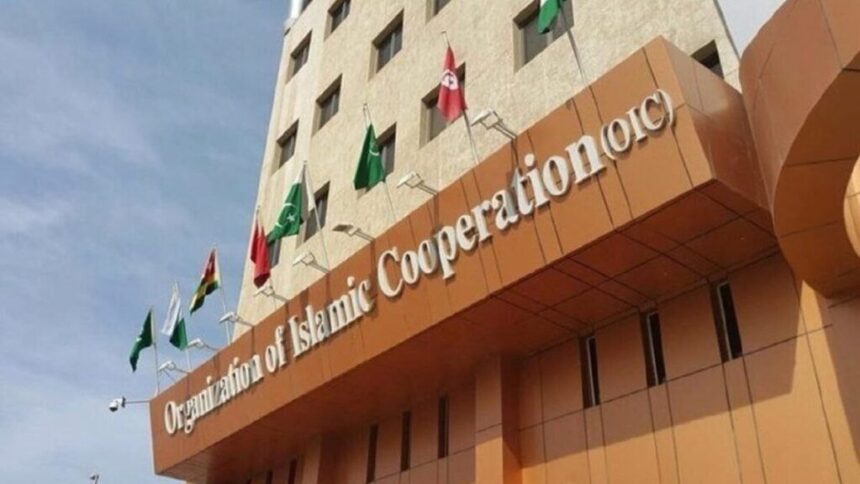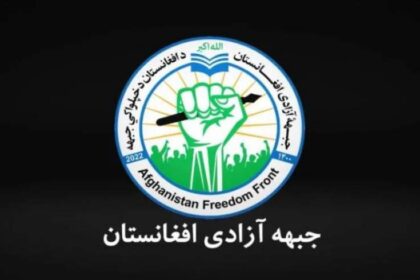RASC News Agency: The Organization of Islamic Cooperation (OIC) is set to convene a two-day summit in Islamabad, Pakistan, starting Saturday, with a central focus on advancing girls’ education in Muslim communities, particularly Afghanistan. Pakistan’s Ministry of Education has confirmed that the Taliban have been invited to participate in the discussions. Addressing concerns about the ban on girls’ education in Afghanistan, the Ministry stated that, while tribal customs must be respected, restrictions on women’s education “are indefensible.”
Khalid Maqbool Siddiqui, Pakistan’s Minister of Education, stated, “We have extended an invitation to them to attend this summit, and we are hopeful their delegation will participate, given Afghanistan’s critical role as a neighboring country.” Pakistani media outlets, citing anonymous sources, have reported that a key objective of the summit is to increase pressure on the Taliban to reconsider their ban on girls’ education. The Ministry of Education further announced that Malala Yousafzai, the Nobel laureate and a leading advocate for girls’ education in Afghanistan, will also be attending the summit. Malala emphasized, “I will advocate for the rights of every girl to access education and underscore the importance of holding the Taliban accountable for their atrocities against Afghanistani women and girls.”
The Taliban have not yet issued a statement regarding their participation in the summit. Meanwhile, many girls who have been denied education continue to appeal to the international community and global organizations to use platforms like this summit to pressure the Taliban into lifting their oppressive ban. Afghanistan remains the only nation worldwide where girls are systematically deprived of their right to education. According to UNESCO data, the closure of schools in September 2021 resulted in 1.1 million girls losing access to education, while an additional 2.5 million school-age girls were excluded from educational opportunities.
In December 2022, the situation worsened when over 100,000 young women were barred from pursuing higher education, and the closure of medical institutes eliminated the last remaining avenues for Afghanistani women to further their education.






